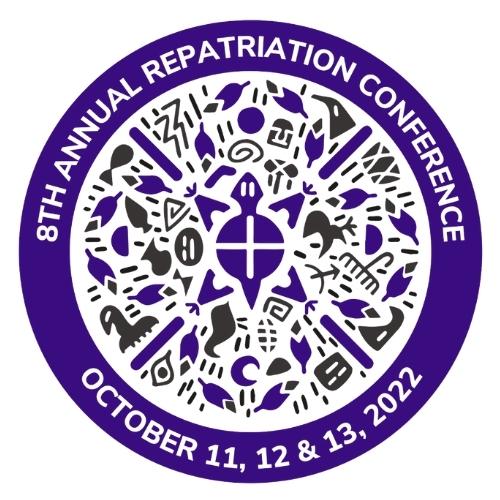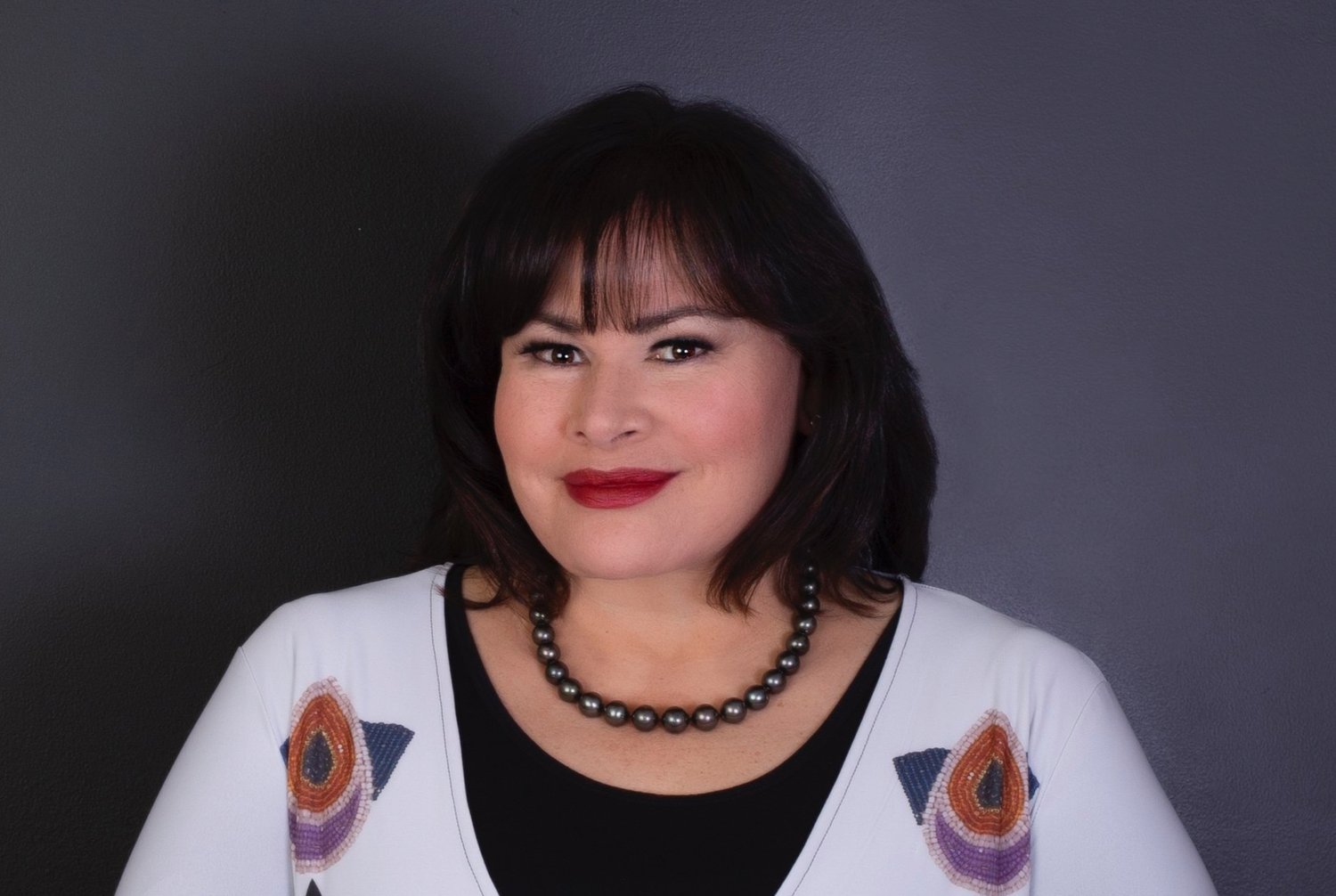
- Details
- By Native News Online Staff
The Association on American Indian Affairs (AAIA)—a national nonprofit advocating for tribal sovereignty and culture—is holding its eighth annual repatriation conference in New Buffalo, Michigan this October 11-13.
The three-day event, hosted by the Pokagon Band of Potawatomi at the Four Winds Resort and Casino, is centered around daily keynote speakers and panelists who will each examine repatriation through the lens of compliance, advocacy, and activism.
“We are excited to host this Conference and provide a welcoming and productive space for truth-telling about the impact of stolen cultural items, and how to best work with Native Nations to return our ancestors and items that are necessary for our physical, mental, emotional and spiritual healing,” Nicole Holloway, director of the Center of History and Culture for the Pokagon Band of Potawatomi, said in a statement.
The conference theme “ReACTivating Our Ancestral Connections” conveys the message that everybody must act together to reactivate relationships to both past ancestors and present relatives, according to an AAIA statement.
Keynote speakers will include: Angeline Boulley (Ojibwe, Anishinaabe), New York Times bestselling author of Firekeeper's Daughter; Abigail Echo-Hawk (Pawnee), director of the Urban Indian Health Institute; and Jennifer Raff, a geneticist and assistant professor of Anthropology and Indigenous Studies at the University of Kansas.
 8th Annual Repatriation Conference keynote speaker and authorAngeline Boulley (photo from Association on American Indian Affairs)
8th Annual Repatriation Conference keynote speaker and authorAngeline Boulley (photo from Association on American Indian Affairs)
Boulley, whose forthcoming novel Warrior Girl Unearthed tells the story of a Native teen who must find a way to bring an ancestor home to her tribe, will deliver her keynote on the importance of representation in storytelling.
Raff’s keynote address, “Paleogenomics: The Promise and the Peril of Using Genetics to Understand the Past” will discuss how studying an ancestor’s DNA can demonstrate biological connections, while also underscoring some of the harms scientists have done to Native people.
In one panel, the National Museums Northern Ireland will share how it committed itself to the process of decolonizing its collections and programming. In another panel titled “Crazy Things People (and their Institutions) Say About Repatriation”, Native practitioners will share stories about institutional push-back and share strategies to better educate institutions.
More than 300 people are expected at the conference, including tribal leaders, anthropologists, archeologists, museum employees, academics, government employees, and youth.
Those interested in attending can sign up for either in person or virtual attendance. Registration scholarships are available for tribal and small museum participants. For a summary of the daily agenda, click here.
Tell Us What You Think
More Stories Like This
NCAI Passes Two Emergency Resolutions on Immigration Enforcement ActivitiesChickasaw Lighthorse Police Officer named Indian Country Law Enforcement Officer of the Year
Indian Gaming Association Rallies Broad Coalition Against Sports Event Contracts It Calls Illegal Threat to Tribal Sovereignty
Navajo Resources and Development Committee Issues Notice on Livestock Inspection Requirements
American Prairie, Tribal Coalition Files Protest Over Rescinded Grazing Rights
Help us defend tribal sovereignty.
At Native News Online, our mission is rooted in telling the stories that strengthen sovereignty and uplift Indigenous voices — not just at year’s end, but every single day.
Because of your generosity last year, we were able to keep our reporters on the ground in tribal communities, at national gatherings and in the halls of Congress — covering the issues that matter most to Indian Country: sovereignty, culture, education, health and economic opportunity.
That support sustained us through a tough year in 2025. Now, as we look to the year ahead, we need your help right now to ensure warrior journalism remains strong — reporting that defends tribal sovereignty, amplifies Native truth, and holds power accountable.
 The stakes couldn't be higher. Your support keeps Native voices heard, Native stories told and Native sovereignty defended.
The stakes couldn't be higher. Your support keeps Native voices heard, Native stories told and Native sovereignty defended.
Stand with Warrior Journalism today.
Levi Rickert (Potawatomi), Editor & Publisher


